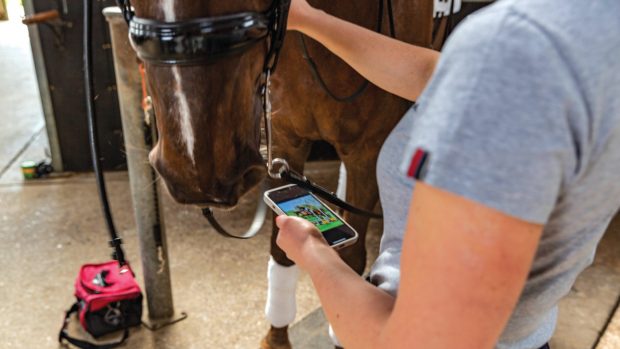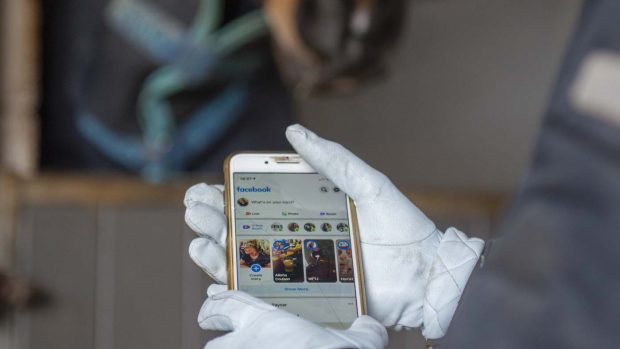The popularity of using the internet to advertise horses and horseboxes for sale has lead to a marked increase in scammers using this as an opportunity to exhort money from individuals. H&H offers some useful advice on how to ensure you don't get caught out...
Thousands of people buy and sell horses, horseboxes and other equestrian products online every month. Unfortunately the popularity of using the internet to advertise horses, horseboxes, trailers and other equestrian items for sale has attracted an increasing number of online scams, which try to con money or personal information out of sellers and buyers alike.
The three most common online scams we are currently aware of are:
A: A fake advert is placed online. The item being sold is often significantly cheaper than items of a similar age/condition. When you contact the advertiser to find out more about the item, the seller claims to be ill, busy or out of the country, so you can’t go to view it. They offer instead to send it to you if you send them the money and promise you a full refund if you are not happy with it. They may suggest you pay via an escrow account such as PayPal, Amazon Payments or Google Wallet ‘for protection’.
Don’t be caught out by these types of scam no matter how legitimate the excuse may sound or how tempting the deal is. The scammer doesn’t have the item they are advertising – they are simply going to take your money and leave you without your money or the item.
B: You have booked an advert with a classifieds magazine or website and you receive a call from a person who claims to work for the company and says there was a problem with the payment. For some reason or other it hasn’t gone through and they ask if they can take your card details again. They sound legitimate, they may claim to be a person you know works for the company and they may know your name and when the advert was originally placed.
Now you might think there is no way you would just give your card details out to someone who calls you on the phone asking for it, but these scammers are very convincing. Don’t get sucked in. They will have got your personal information from your advert on the internet or in a magazine. If you receive a call like this, tell them you don’t have your credit card to hand and that you will ring them back, taking a note of their phone number. End the call, then ring our freephone number 0800 316 5450 and speak to a real member of the H&H classified team, who will be able to confirm if there has been any problem with your payment.
C: Another popular scam is when you have placed an advert to sell an item and receive an email from a potential buyer, who most commonly offers you full price for it. Typically these emails are written in broken English and include terms like ‘final price’ or ‘best price’ in them.
If you get into an email conversation with the scammer and you agree a price, they will then say they will send you a cheque or bankers draft for more than the amount you are asking and ask you to send the rest on to their agent, who will be collecting the item for them. This is also designed to exhort money out of you as the cheque will appear to clear, but then be declined later, leaving your without the money or your item.
Scammers commonly target individuals selling a horse or horsebox online. It’s vital that you take the time to learn how to spot a scam email so you can properly protect yourself, your money and your goods.
How to avoid becoming a victim of online scams
- Always be alert
- If something seems too good to be true, it usually is
- Use your common sense; if the email doesn’t fit the expected process of selling or buying a horse/horsebox, you should be cautious
- Don’t give out your personal or bank account information to someone who has called you
- Be wary of offers to buy your horse/horsebox in the first email. Would you buy a horse or horsebox without seeing it? We all know that this doesn’t happen in real life.
- Be wary of anyone asking for bank details in the first email in order to make a payment.
- Always trade face-to-face
The Horse & Hound website brings people selling a horse or horsebox together with people who want to buy one. We will always recommend that once the introduction has been made, you conduct the rest of the sale face-to-face. Don’t part with your horse/horsebox or your money without meeting them in person.
We hope that this advice will help you to feel confident about using Horse & Hound to buy and sell and help you to avoid being caught out by these convincing scams.




